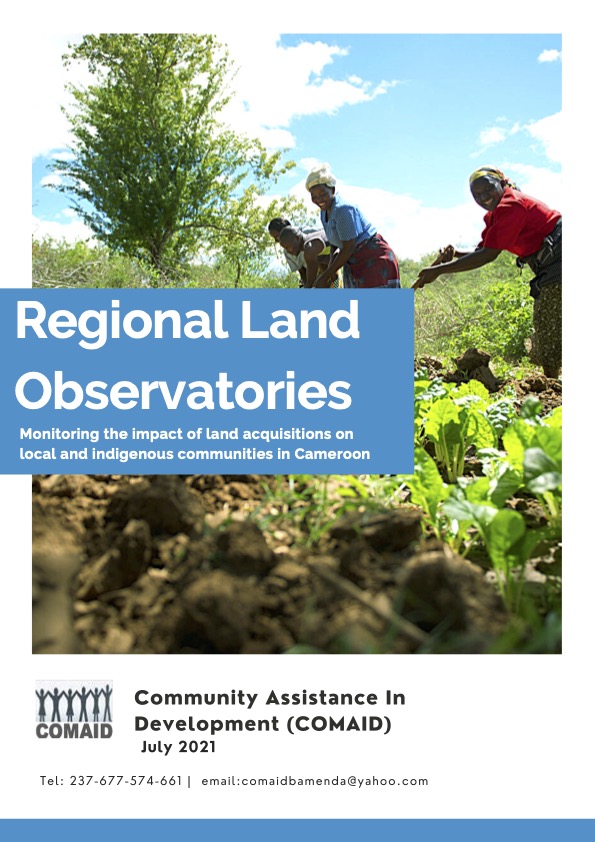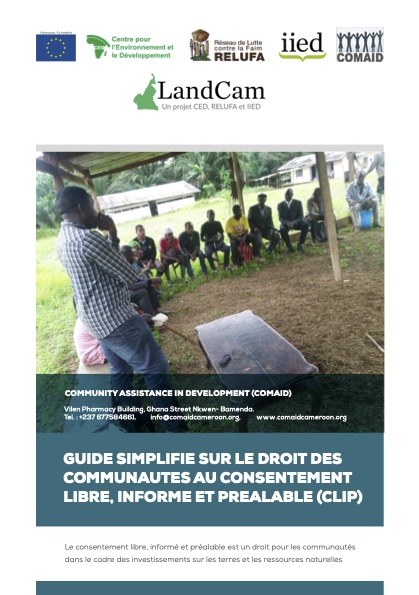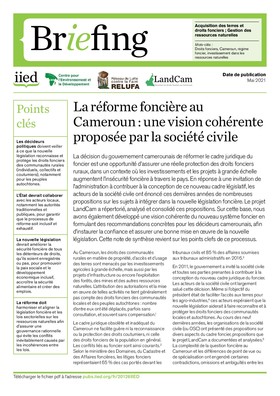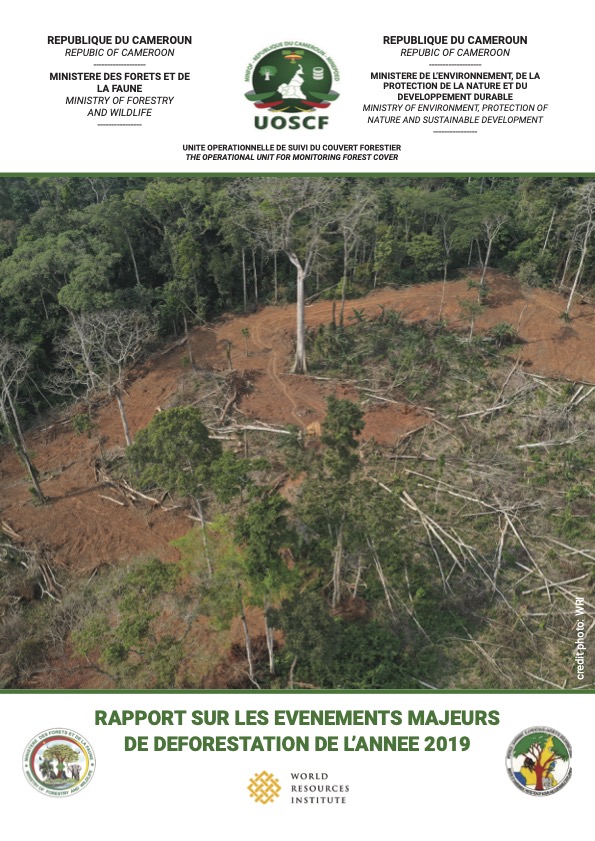Exclusion Sociale Et Multiplication Des Litiges Fonciers Au Cameroun
Context and background:Land is a source of wealth in terms of the economic and socio-cultural value it represents. Land resources are the basis of any economic activity or development project, which is why they are at the centre of multiple covetousness. However, social exclusion leads to numerous land conflicts observed in Cameroon.Goal and objectives:This study therefore aims to show how social exclusion can cause and sustain land disputes in Cameroon.








